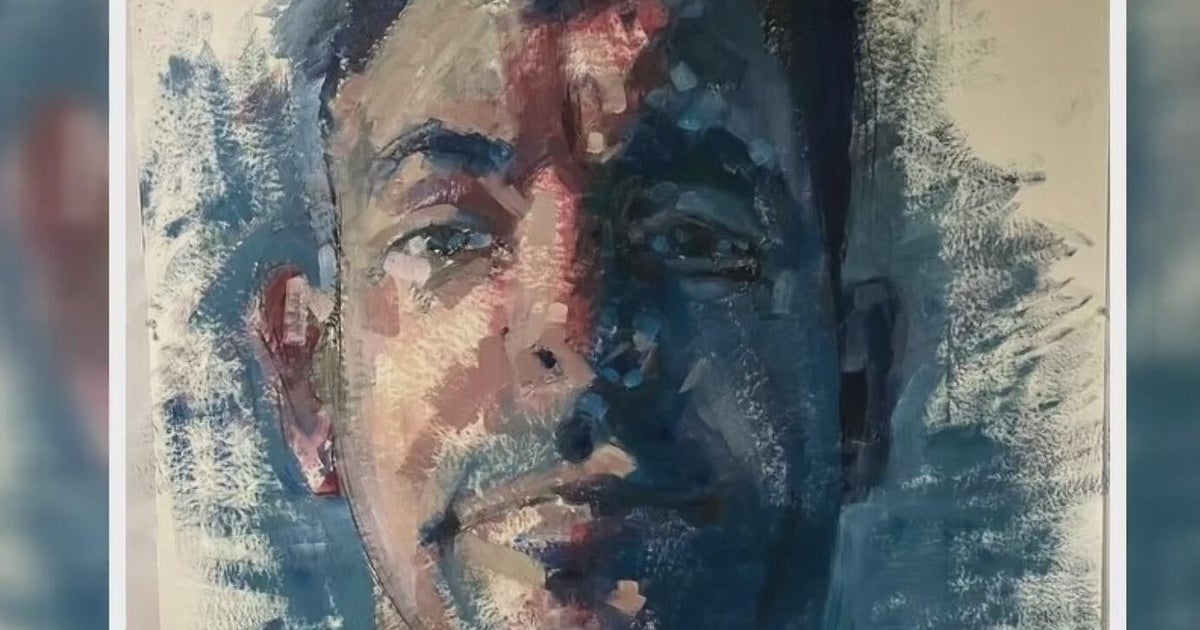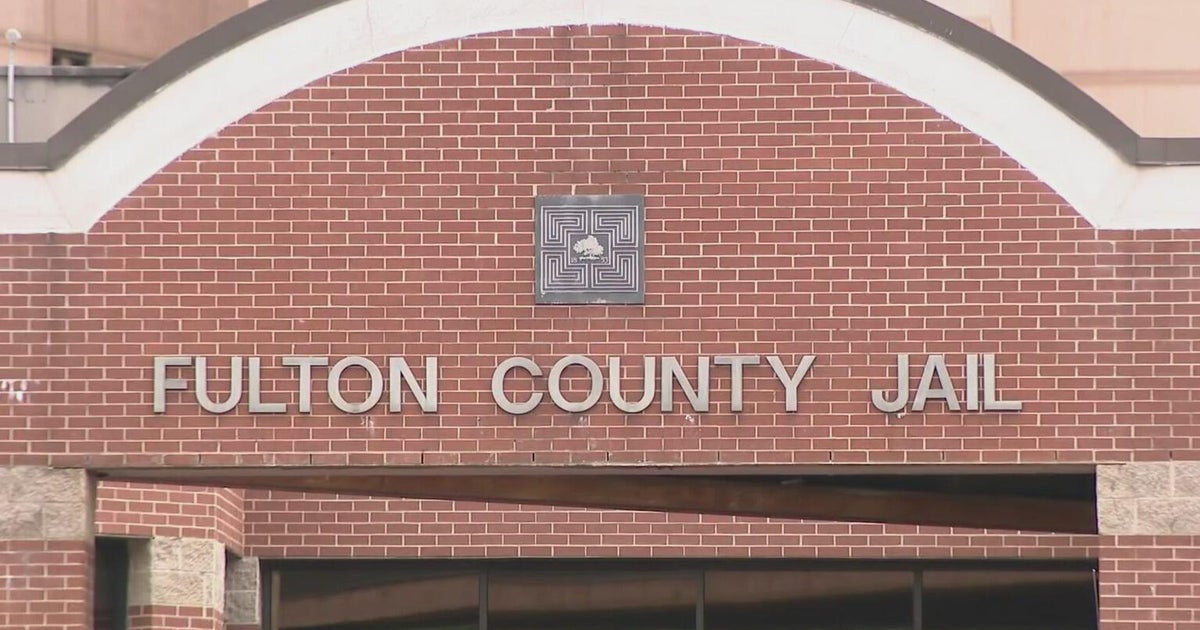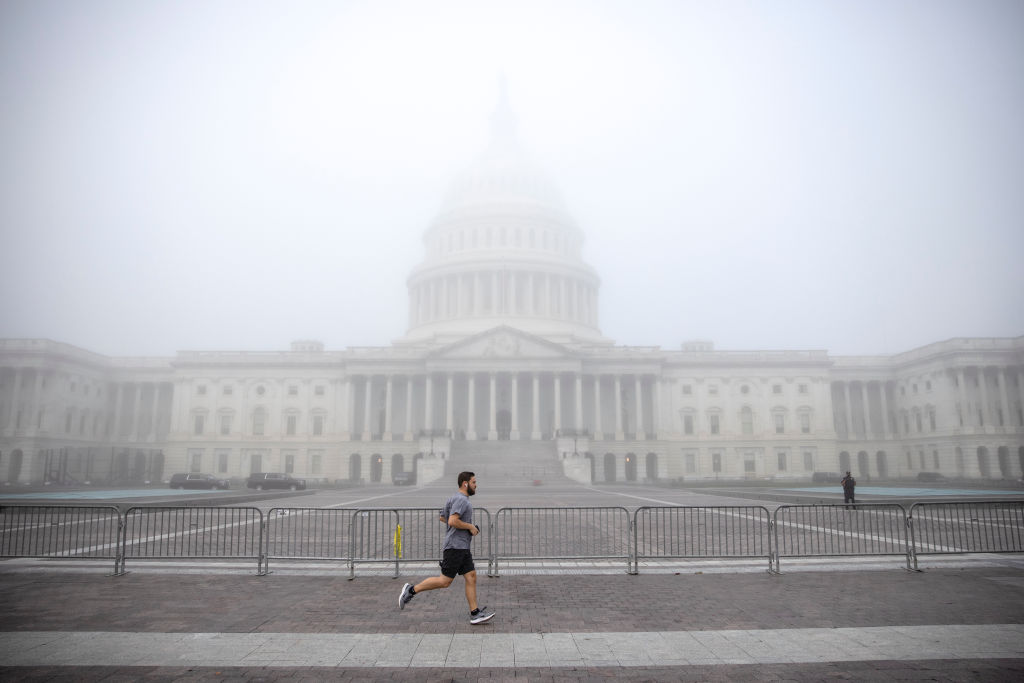Wilco frontman Jeff Tweedy begins donating 5% of royalties to social justice causes
"I don't have all the answers," said Wilco frontman Jeff Tweedy. "I just wanna do my part."
In a statement after the killing of George Floyd last summer, Tweedy wrote, "The modern music industry is built almost entirely on Black art. The wealth that rightfully belonged to Black artists was stolen outright." He called for an "industry-wide plan to address this enormous injustice."
This month, Tweedy, who's sold millions of records with his indie rock band, will begin giving away some of his songwriting income to social justice causes, contributing five percent of his songwriting royalties. "In all honesty, [it] isn't a whole lot of money!" he laughed. "The point would be that, that would be multiplied by thousands of people at my level."
Tweedy (who just won his latest Grammy last night) said he hopes this step will inspire other White artists to follow suit.
His donations will go at first to I Grow Chicago, a non-profit in his native city that serves the Englewood neighborhood on the South Side with food assistance, education, and job skills training.
"We are part of the community," said I Grow Chicago COO Ken Johnson. "We're here giving direct support, direct connection and being able to directly impact the lives of the community members that we serve and work hand in hand with."
Tweedy said, "Their mission statement quotes Cornel West saying, 'Justice is what love looks like in public.' That's something we believe very deeply in our family."
"CBS This Morning" co-host Anthony Mason asked, "Do you consider this a form of reparations?"
"Yeah," Tweedy replied. "It's a tricky word to use for some people. We have a large segment of our population that worked to build this country and were never paid for it. That needs to be repaired."
Brittany Spanos, a senior writer for Rolling Stone, agrees, and says it's a record label's responsibility "to reassess how they're paying their artists; reassess how they've taken advantage of artists in the past."
For example, taken advantage of pioneering artists, like the late Little Richard, whose 1955 hit, "Tutti Frutti," was a battle cry at the birth of rock 'n' roll. "It all started with Little Richard," said Spanos. "We wouldn't have The Beatles if we didn't have 'Tutti Fruitti.' We wouldn't have The Rolling Stones."
Little Richard's songs were often covered by White artists, but as he told Ed Bradley of "60 Minutes" in 1985, "They sold a fortune of these records, but I never got a dime. Elvis Presley sold millions of my records. Elvis Presley did all of my stuff."
"And, as a writer, you didn't get a penny from them?" asked Bradley.
"Didn't get a call from nobody, not a Christmas card," Richard replied.
Spanos said, "They were not given royalties at all. And if they were, it was crumbs. And still today, Black music created profits for the music industry, but the artists that were making the music, that were creating the industry, were not seeing the same end of the deal that White artists that were inspired by them were getting."
Another hugely influential artist, the late Bo Diddley, also complained about bad contracts, in a 1985 CBS interview: "These people have made millions and millions and they're still selling songs and they're licensing stuff all over the world. And I want money. I don't want songs."
Mason asked, "What needs to change in the music industry?"
"The good news is a lot of things are changing," said Binta Brown, an attorney and music executive, who co-founded the new advocacy organization Black Music Action Coalition last summer. "People are listening now more than they had been listening before."
But while Black artists dominate the charts, and some now have better contracts, Brown said there is plenty of room for the industry to improve: "We need to do a better job of making sure that Black people are fully and truly participating in the revenues that are being generated, and that we have better representation at the executive level. There need to be more Black artists, more Black women artists, who are headlining and on the main stages of festivals."
"Can we make this right?" Mason asked.
Tweedy replied, "Well, we have to – as a culture, as a society, we have to make it right."
Tweedy has been deeply influenced by Black artists, like his fellow Chicagoan Mavis Staples, for whom he's produced three albums.
Mason asked, "I don't know if you've talked to people in the African American community when you were, you know, considering all this. Did you reach out to Mavis, for example?"
"I thought about it; the initial impulse to write the statement was somewhat guided by the idea that this isn't their problem," Tweedy laughed. "And I didn't wanna burden Mavis with that idea, that Jeff needs some help figuring out how to feel better about racism or something, you know? And when I know the answer, the answer is that you don't get to feel better about racism."
Tweedy thought his challenge to the music industry would start a conversation. But when asked if many of his fellow musicians reached out to him about it, he said, "Not as many as I thought would maybe happen initially."
"What were you hoping would come from it?" asked Mason.
"I think I was hoping that someone much more famous than myself would say, 'Hey, that's a decent idea. Let's really get the ball rolling.' I really wanna remain hopeful about this. And at the same time, I have to be honest that I wish it was being taken a bit more seriously, you know?"
Tweedy's publishing company, BMI, told CBS News it has received a small number of requests to direct royalties like Tweedy has done.
Grammy-winning band Bon Iver announced in December that, inspired by Tweedy, it would commit five percent of its publishing royalties to fight gender inequality and domestic violence.




